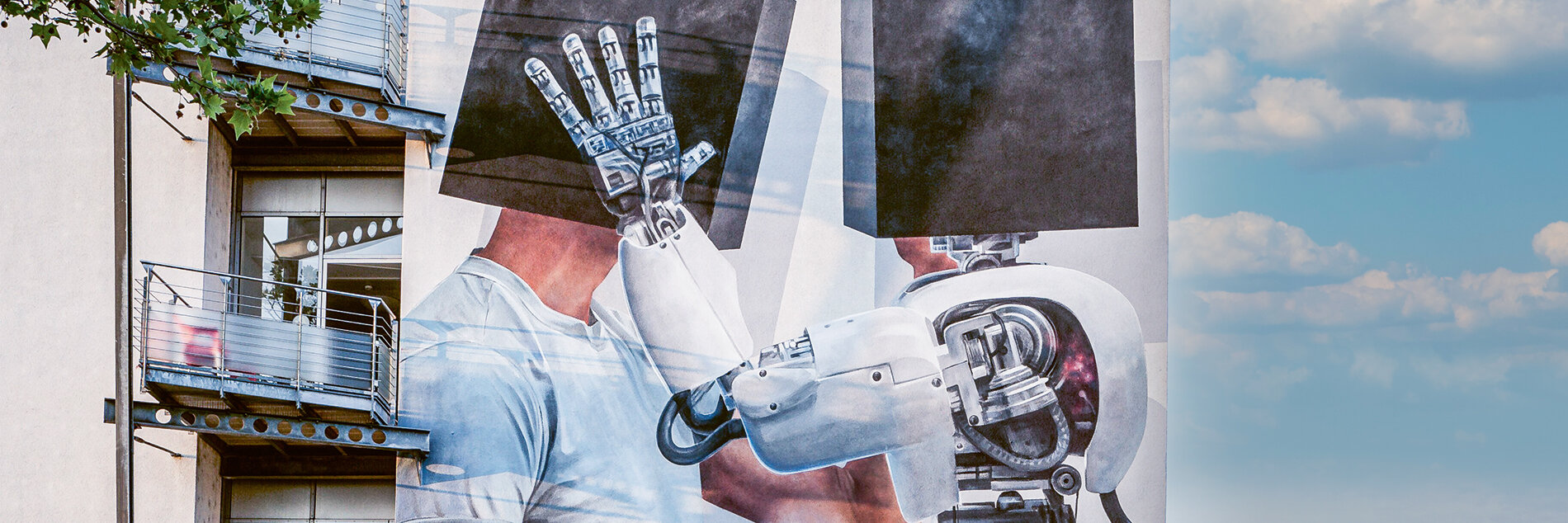Digitalisierung in der Universitätsmedizin
Die Medizin befindet sich mitten in der digitalen Transformation. Grundlage hierfür sind enorme Datenmengen, die jeden Tag in den verschiedenen Bereichen der Universitätsmedizin erhoben werden. Sie helfen uns künftig, u.a. Behandlungsrisiken in Echtzeit zu erkennen und zu managen, kontinuierlich die Versorgung unserer Patient*innen zu verbessern, unsere Prozesse zu hinterfragen und unsere Forschung datenbasiert voranzutreiben. Voraussetzung hierfür ist, dass wir die Daten nicht nur erfassen, sondern auch sinnvoll umwandeln, miteinander verknüpfen und daraus lernen.
Gleichzeitig bietet die Digitalisierung völlig neue Möglichkeiten der ortunabhängigen Interaktion mit unseren Patient*innen und Partner*innen. Wo früher räumliche Nähe notwendig war, können wir heute Kompetenzen und Wissen virtuell vernetzen und so Patient*innen unabhängig von ihrem Wohnort optimal versorgen.
Digitalisierung heißt für uns
Blick in die Patient*innen-Versorgung der Zukunft
Krank sein möchte niemand. Doch Patient*in sein könnte in den nächsten Jahren deutlich angenehmer werden: ohne Warteschlangen bei der Anmeldung im Krankenhaus, ohne Warteschleifen am Telefon auf der Jagd nach den aktuellen Laborwerten oder dem nächsten Termin. Apps und Web-Portale sollen zukünftig den Zugriff auf die eigenen Gesundheitsdaten ebenso erleichtern wie die Kommunikation mit und zwischen den betreuenden Ärzt*innen.


